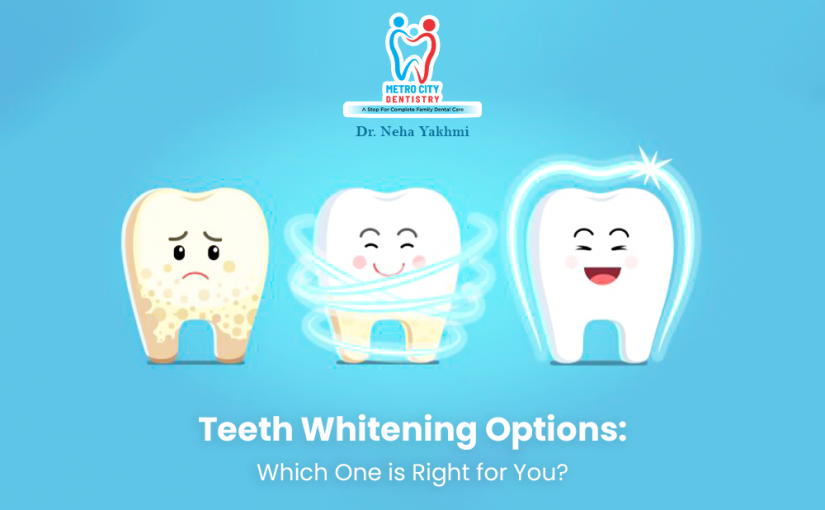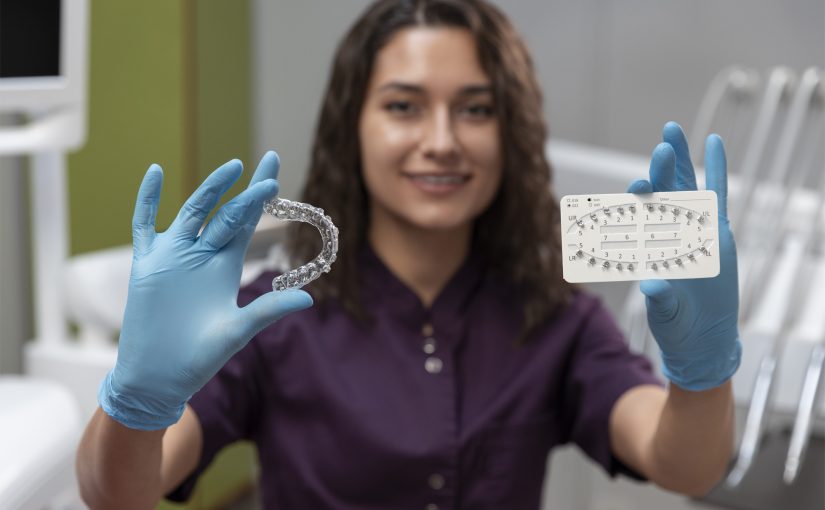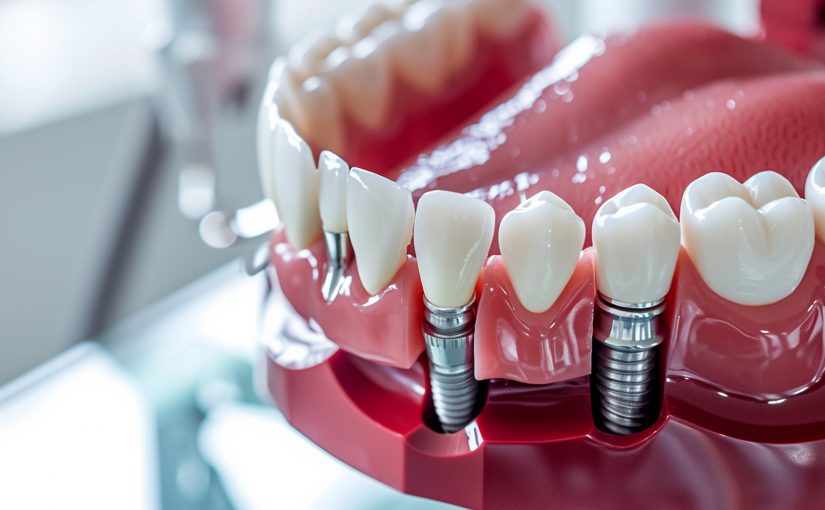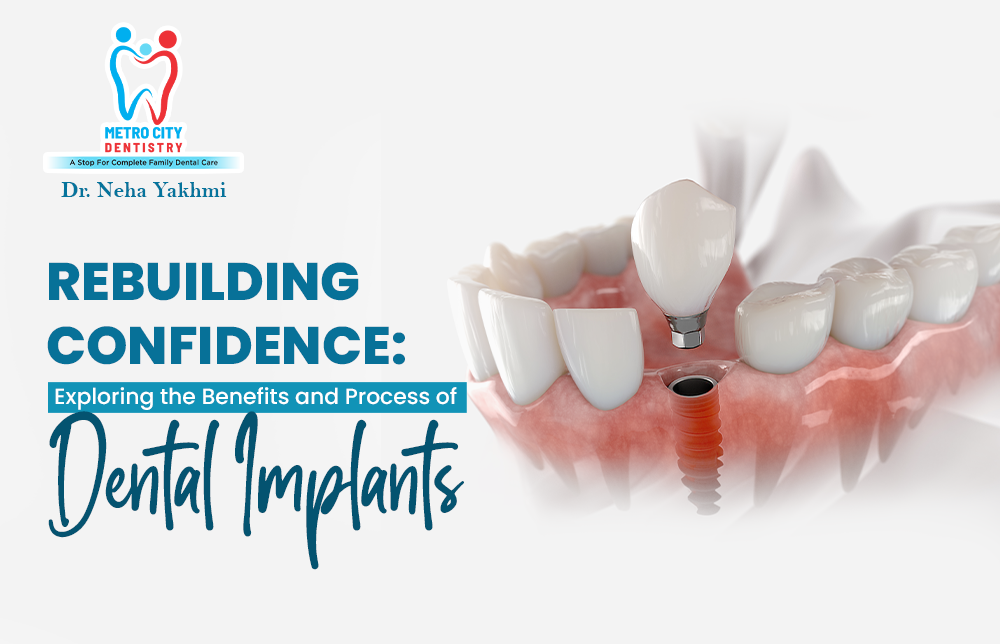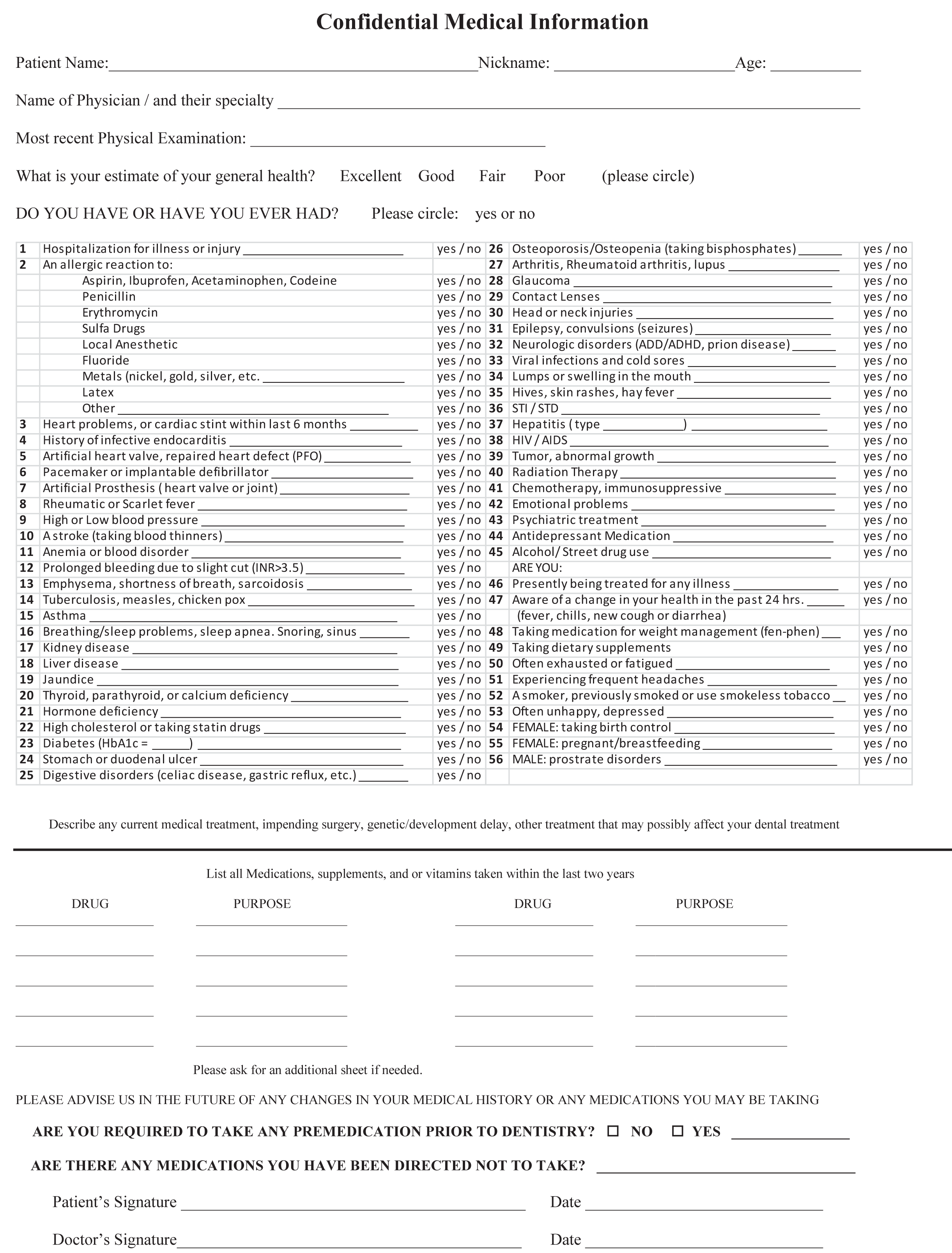Metro City Dentistry: We Accept All Insurance, Including College Student Insurance
At Metro City Dentistry, we believe that everyone should have access to affordable, high-quality dental
care, regardless of their financial situation. That’s why we proudly accept all insurance plans, including
college student insurance, ensuring that you and your family can receive the dental care you need
without worrying about costs. With convenient locations in Brampton, Woodbridge, and Mississauga,
we are committed to serving patients from all walks of life, especially students who need affordable
dental care while studying.
For students attending the University of Toronto Mississauga (UTM) or other nearby colleges, we offer flexible scheduling, affordable rates, and comprehensive insurance acceptance. Whether you need routine cleanings, emergency dental care, or specialized treatment, Metro City Dentistry has you covered.

We Accept All Insurance Plans
Navigating dental insurance can be confusing, but at Metro City Dentistry, we aim to make it simple. We accept all major insurance providers, so whether you have insurance through your employer, a private plan, or a government program, you can be confident that your dental treatments are covered. Some of the insurance plans we commonly accept include:
- Private insurance plans
- Employer-sponsored insurance plans
- Government-funded insurance programs (where applicable)
- College and university student insurance plans
Our experienced administrative team will help you understand your benefits and maximize your insurance coverage to reduce out-of-pocket expenses. We also offer flexible payment plans for any services that may not be covered by your insurance.

College Student Insurance Accepted
At Metro City Dentistry, we know that college students often face tight budgets, and dental care might not always seem like a top priority. However, preventive dental care is essential to maintaining a healthy smile and avoiding costly issues down the road. That’s why we make it easy for students to access affordable dental services by accepting college student insurance plans, such as those provided by:
- University of Toronto Mississauga and other universities’ student plans
- College and university health plans across Ontario
Student insurance plans often cover essential dental services such as routine checkups, cleanings, fillings, and emergency dental care. If you’re unsure about what your plan covers, our team can help you verify your benefits and make the most of your coverage.
We understand that students have busy schedules, so we offer flexible appointment times, including evenings and weekends, to accommodate your classes and activities. Our Mississauga clinic is conveniently located near University of Toronto Mississauga (UTM), making it easy for students to get the care they need without the hassle of a long commute.

Dental Services We Offer
At Metro City Dentistry, we provide a full range of dental services to meet the needs of our patients, including:
- Routine Cleanings and Exams: Preventive care is the foundation of a healthy smile. Regular cleanings and exams help detect issues early, keeping your teeth and gums healthy.
- Fillings and Restorations: If you have a cavity or damaged tooth, we offer a variety of restorative treatments, such as fillings, crowns, and bonding, to restore your teeth’s functionality and appearance.
- Teeth Whitening: Brighten your smile with our professional teeth whitening services, available at all of our clinics.
- Orthodontic Services: We offer orthodontic assessments and treatments, including braces and Invisalign, to help straighten your teeth and improve your bite.
- Emergency Dental Care: Dental emergencies can happen when you least expect them. Whether it’s a toothache, chipped tooth, or lost filling, our emergency dental services provide immediate relief and treatment.
- Cosmetic Dentistry: Enhance your smile with our cosmetic dental services, including veneers, crowns, and smile makeovers.
- Gum Disease Treatment: If you’re experiencing gum issues, we offer periodontal care to treat and prevent gum disease.

Why Choose Metro City Dentistry?
At Metro City Dentistry, we are dedicated to providing the best dental care possible while ensuring your experience is as stress-free as possible. Here’s why we are the preferred choice for patients in Brampton, Woodbridge, and Mississauga:
- Comprehensive Insurance Coverage: We accept all major insurance plans, including student insurance, making it easier to get the care you need without financial stress.
- Flexible Appointment Scheduling: We offer evening and weekend appointments to accommodate busy schedules, especially for students.
- Experienced Dental Team: Our dentists are highly skilled in all areas of general, cosmetic, and emergency dentistry, ensuring you receive top-notch care.
- Convenient Locations: With clinics in Brampton, Woodbridge, and Mississauga (near University of Toronto Mississauga), we’re close to home, school, and work.

Schedule Your Appointment Today!
Whether you’re a student at the University of Toronto Mississauga, a working professional, or a senior citizen, Metro City Dentistry is here to meet all your dental needs. We accept all insurance plans, including student insurance, making dental care accessible and affordable for everyone.
Contact our clinics in Brampton, Woodbridge, or Mississauga to schedule an appointment today and let us help you achieve a healthy, beautiful smile.
Frequently Asked Questions (FAQs)
Yes! We accept college and university student insurance plans, including those from University of Toronto Mississauga (UTM). Most student insurance plans cover essential dental services like cleanings, exams, fillings, and emergency care.
Our administrative team is happy to help you understand your insurance plan and coverage. Simply bring your insurance card or information to your appointment, and we will verify your coverage and explain any costs before treatment.
Most student insurance plans cover preventive care, such as cleanings and exams, as well as basic restorative services like fillings. Some plans may also include coverage for emergency dental care. Our team can help you understand the specifics of your plan.
Depending on your insurance plan, we may bill your insurance provider directly, meaning you won’t have to pay upfront for covered services. If any portion of the treatment is not covered, we will inform you of the costs before proceeding and offer flexible payment options.
Scheduling an appointment at Metro City Dentistry is easy. You can call our office or book online. If you’re a student at University of Toronto Mississauga, you can visit our Mississauga clinic for quick, convenient care close to campus.













